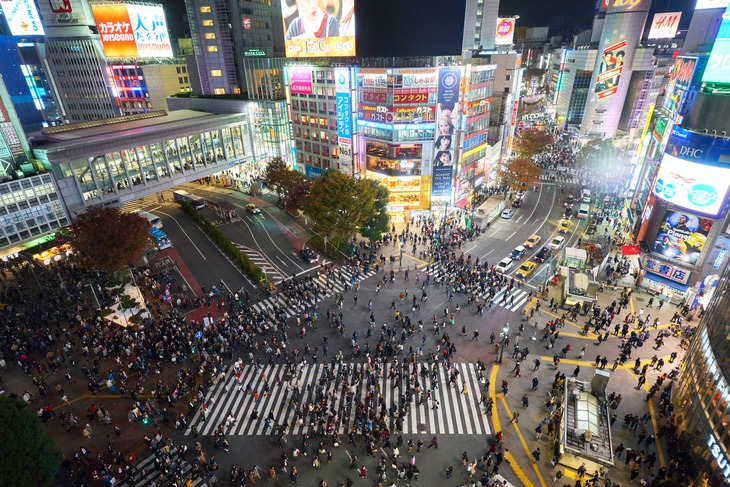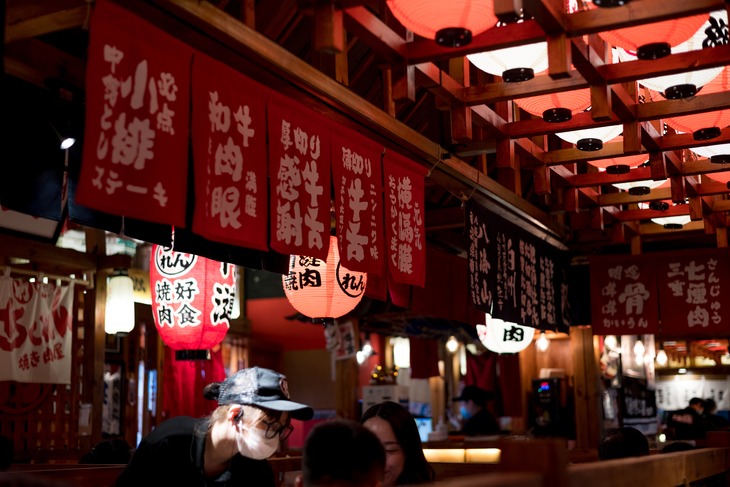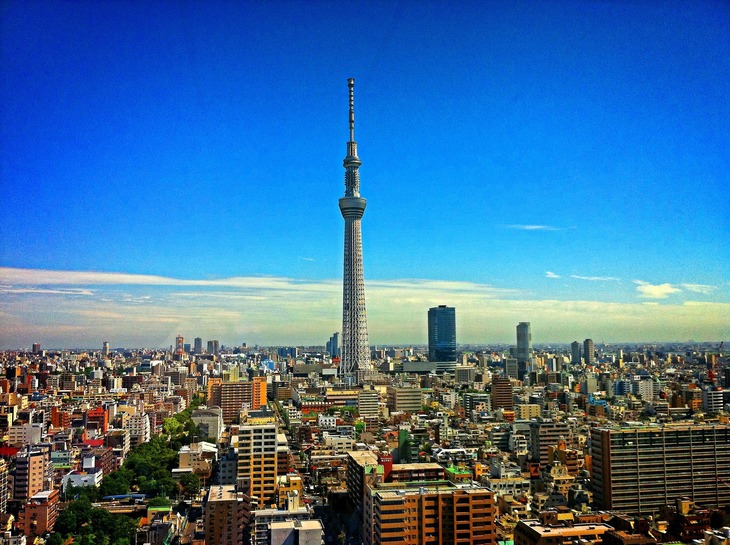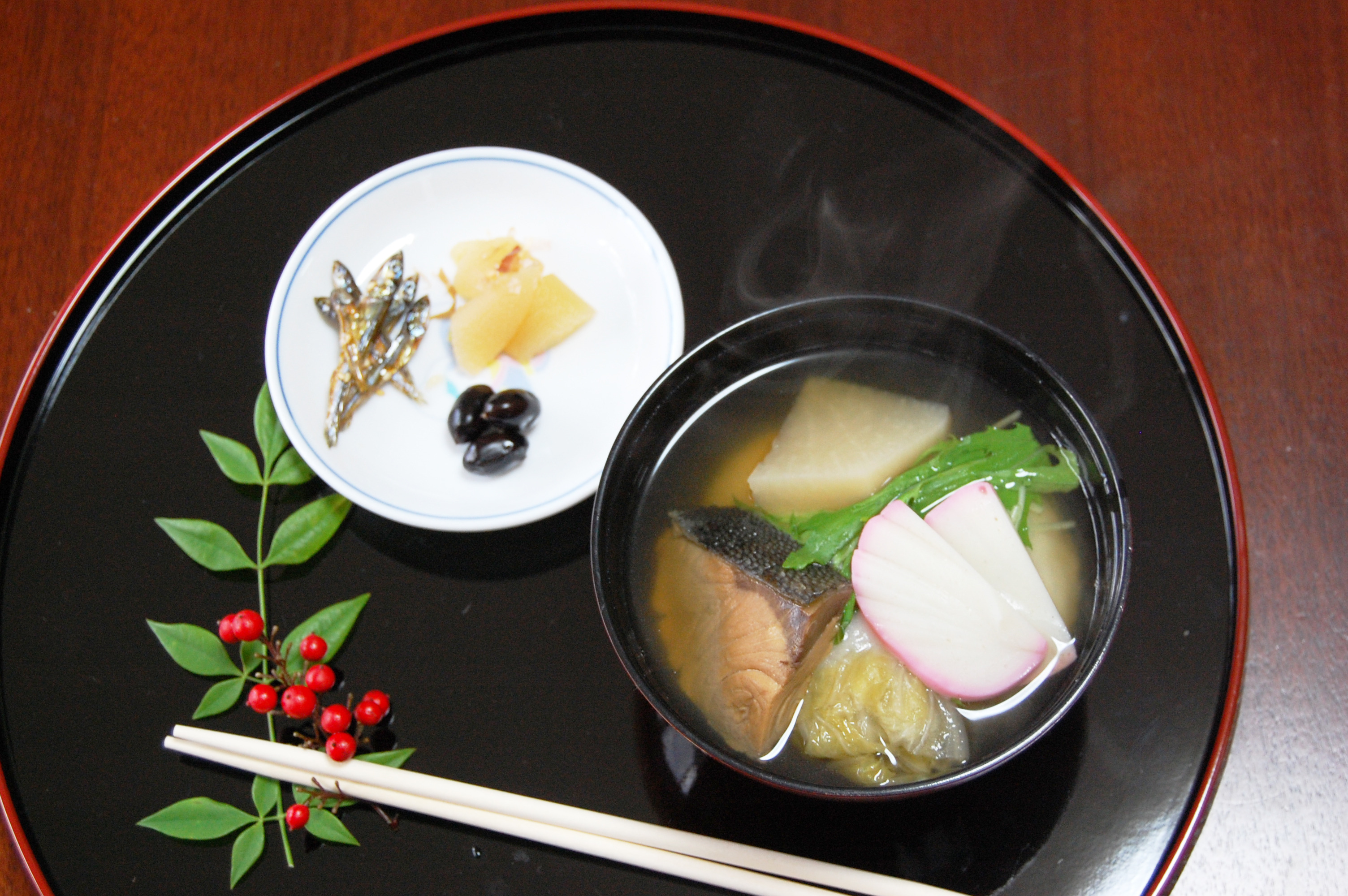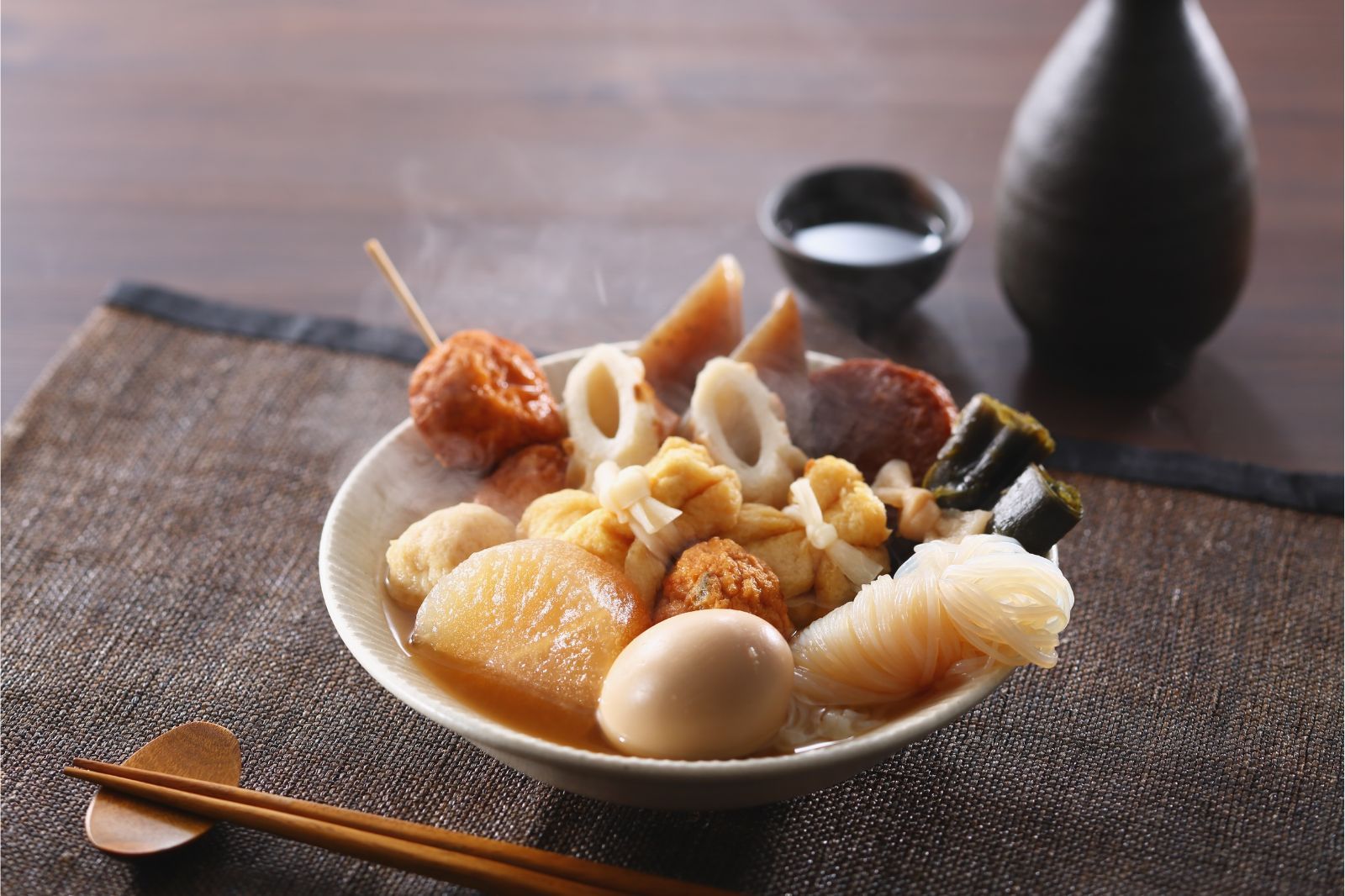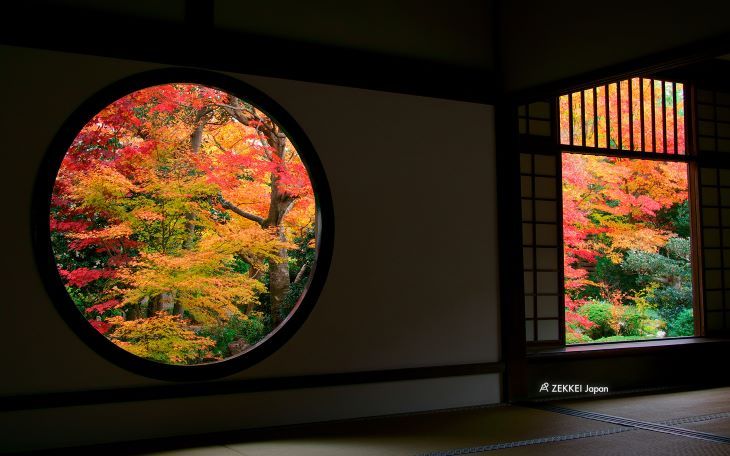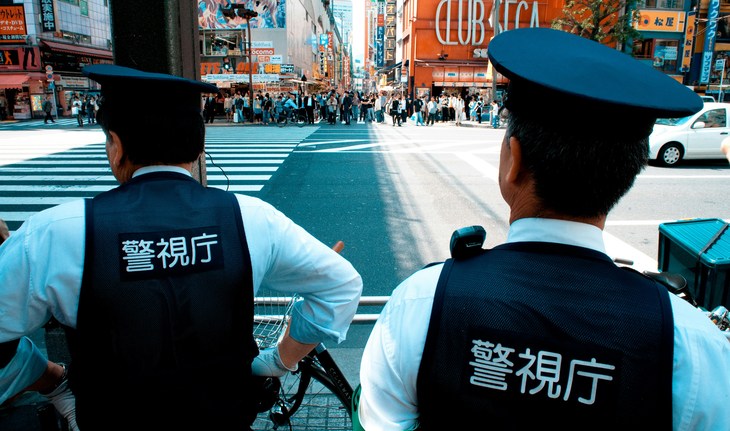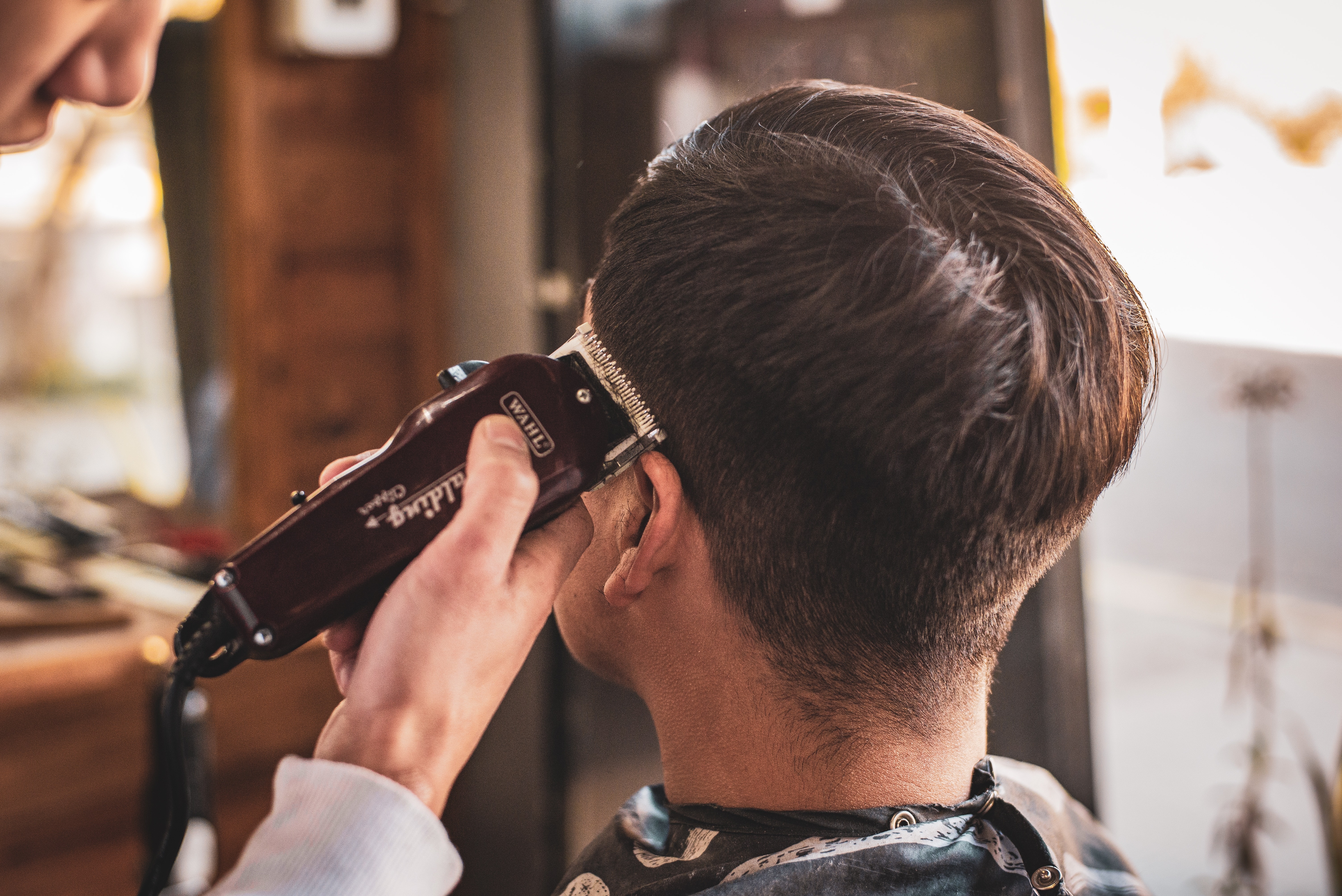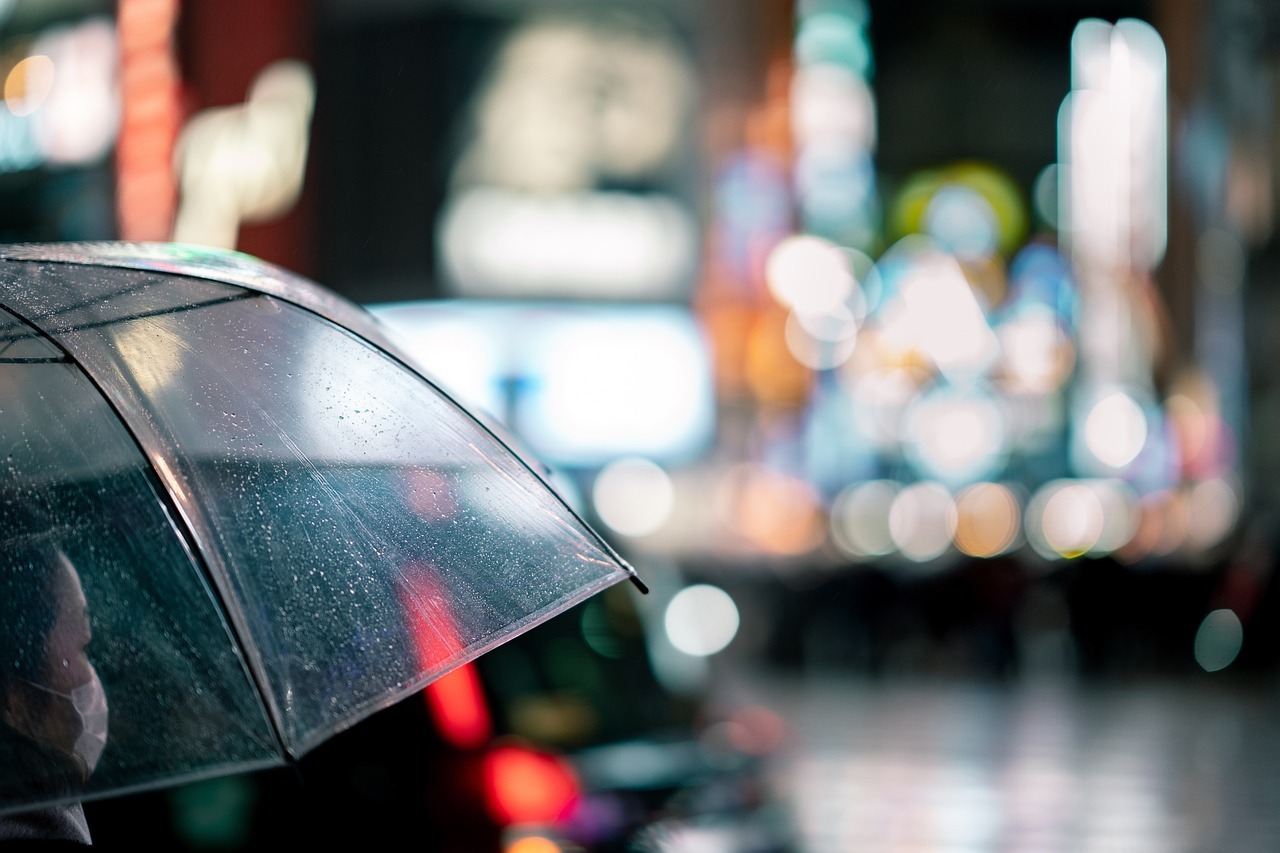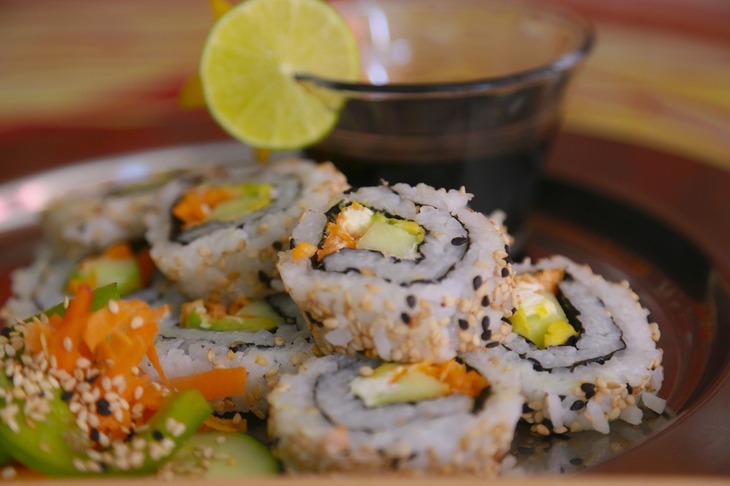Don't Make These Mistakes in Japan! Do's and Don'ts You Need to Know
Culture shock is a normal part of any trip to another country, and when you come to Japan you'll probably experience a lot of it. Japan has a lot of unspoken rules, customs, and norms that almost everyone follows, and some of these may be very different from your home country. Japanese people are usually friendly to foreigners, so they probably won't say anything to you directly if you don't follow one of these unwritten rules, but they'll definitely be judging you on the inside for making some of these mistakes.
If you are planning to move to Japan or just visit Japan as a tourist or on business, you should definitely know some of the more common customs and etiquette before arriving in the country. Knowing what to do and what not to do when you're in Japan will help you stand out less, connect better with locals, and hopefully lead to a smoother and more rewarding experience here. So let's look at some important manners and customs so that you can avoid embarrassing yourself or bothering others and have a fantastic time in Japan.
Daily Life Do's and Don'ts
· Do Take Off Your Shoes!
Taking off your shoes indoors is particularly important in Japan, especially when you go to someone's house. If someone invites you to their home, make sure you take off your shoes in the genkan, the entryway of the house or apartment. The floor of the genkan is usually lower than that of the home proper, so it should be easy to tell where you should take off your shoes. After that, you'll probably be offered slippers to wear inside the home.
But be careful! Taking off your shoes is also normal when you enter some hospitals or clinics, schools, shrines and temples, onsens (hot springs), and more traditional restaurants. These types of places will almost always clearly mark where to take off and put your shoes, and often provide slippers for you to wear as well. So when you go to one of these places, don't rush inside before checking if you should take off your shoes first.
· Don't Blow Your Nose in Public!
Blowing your nose in a public place and using a handkerchief to wipe your nose is considered bad manners in Japan, but don't feel like you absolutely can't blow your nose! If you really have to, you should try to use a tissue and do it as quietly as possible.
· Do Respect Peoples' Personal Space!
Japanese people tend to really value their personal space, so be sure to respect that when interacting with people. Standing too close to someone when talking to them or touching them without permission is considered rude. There are situations where being close to others is unavoidable (like on trains during rush hour or in small bars and restaurants), so don't stress about this as much in those situations. For people who come from countries where physical contact and closeness are normal when talking to someone, this can be particularly challenging, so try to remember it when you're spending time with Japanese people!
Eating & Drinking Do's and Don'ts
· Do Start and Finish Your Meal Politely!
In Japan, before you eat a meal, it is considered good manners to place your hands together in front of you as if you are praying and say "itadakimasu (いただきます)". This can't be directly translated into English but is a way of saying "Thank you for this meal."
When you finish eating, you should say "gochisousamadeshita (ごちそうさまでした)". This is a way of saying "The meal was delicious." If you ate at a restaurant, try to say this to the staff as you leave!
・Don't Leave Leftovers!
It is usually considered rude in Japan to leave any leftovers on your plate. This goes for all food, including rice. That means that you shouldn't even leave a single grain of rice in the bowl if possible, which is easier than it sounds since Japanese rice is usually sticky and easier to pick up than other kinds of rice. Do your best to eat everything and try to make sure your eyes aren't bigger than your stomach when ordering food!
・Do Pour Drinks for Others!
If you are at a restaurant, bar, or izakaya (Japanese pub), it is considered good manners when drinking alcohol to serve others first by pouring their drinks for them. Don't pour your own drink, as others will do it for you. This is especially important in business situations. If you are entertaining clients, you need to be pouring their drinks for them and making sure their glasses are never empty. And if you're out with coworkers, you should be serving your boss or people in higher positions than you first.
・Don't Eat and Walk at the Same Time!
It's usually considered rude in Japan to walk and eat at the same time. If you want to eat something in public that's fine, but make sure you stop and then eat. So if, for example, you buy something to eat from a convenience store, it's fine to eat it right outside the store. Drinking and walking at the same time is okay, so feel free to do that.
・Don't Drink Alcohol in Public Spaces!
This is an interesting one because, unlike many countries in the world, it is actually legal to drink alcohol in public places in Japan. Even though it is legal, it is usually frowned upon to be drinking alcohol in public places unless you're at an event with a group of people like a barbecue or hanami (a cherry blossom viewing party). So don't be that foreigner drinking a beer on the train just because you're allowed to, because everyone around you will most certainly be judging you for it.
Public Transportation Do's and Don'ts
· Don't Be Loud!
You'll probably quickly notice that trains in Japan tend to be a lot quieter than in many other countries. This is because it's considered polite to be quiet on public transportation. If you want to talk to someone on the train, try to talk to them quietly.
· Don't Talk on the Phone!
Related to the last tip, talking on the phone on trains or other kinds of public transportation is also rude in Japan, since it can bother others. So try not to make any phone calls while you're riding the train. If someone calls you, you can always quickly answer, say something like, "Sorry, I'm on the train so I'll call you back," and then call them back later.
· Do Give Up Your Seat!
Like many countries in the world, all trains, buses, and public transportation in Japan have clearly labeled priority seats for the elderly, pregnant women, parents with babies or very young children, and people with disabilities. If the train is not full it is okay to sit in these priority seats, but be sure to give up your seat as soon as someone who needs it comes along. If the train is especially crowded, you should give up your seat to someone who needs it more than you even if you are in a regular seat.
Japanese Business Etiquette
・Do Be Punctual!
Just as trains are almost always on time in Japan, so too are people expected to be punctual. In Japan, being "on time" usually means arriving at least 10 minutes before you are expected to, be it at the start of a workday, for a meeting with clients, or any other situation. Part of the reason that trains in Japan are so punctual is because of this necessity to always be early for anything.
It's considered rude to keep people waiting, especially in business, so always make sure that you have ample time to get where you need to be in case there is some kind of unexpected delay or problem on your way there. If you absolutely can't avoid being late, be sure to contact your work or whoever you are meeting with as early as possible to avoid being rude and making the situation worse.
・Do Use Formal Japanese if your Job Requires It
In Japan, "honorific Japanese" is used in business. This Japanese is extremely formal and is usually the hardest Japanese for non-native speakers to understand or learn. If you are working in Japan and speak Japanese for work, it's likely that learning honorific Japanese will be a must. Speaking to superiors and clients using formal Japanese is very important to avoid being rude. Japanese people understand this language is difficult for non-native speakers, so don't worry about sometimes tripping up and making mistakes. You and your coworkers may often find yourself laughing off the small gaffs. But the longer you live in Japan and the more your Japanese improves, the more you will be expected to use this language in business.
If you work in the service industry, using honorific Japanese is also extremely important. This extends to people working in hotels, department stores, restaurants, and even convenience stores and fast food chains. Japanese people will expect you to speak using the most polite Japanese possible if you are serving them in any of these contexts, so you will need to learn and practice honorific Japanese if you want to work in these industries using Japanese.
・Do Present Your Business Card Properly!
Physical business cards are still a very important part of Japanese business culture. Any time you meet someone new in a business situation, be sure to have some business cards with you to give them. When you give your business card, be sure to hand it to the other person with two hands, and then accept their business card with two hands as well. If you're having a meeting at a table, leave the other person's business card on the table in front of you. Never give or accept a business card with only one hand, as this is seen as rude.
It can definitely seem like there are a lot of unwritten rules and customs in Japan you need to follow to avoid embarrassing yourself or being rude to others, but many of them are pretty common-sense rules that should be easy for you to remember. Some Japanese customs might be very different from what's considered normal in your home country, so do your best to keep them in mind!
And if you are ever worried about if something you are doing is rude, just try asking someone! Usually, Japanese people will politely help steer you away from doing anything rude, and in the process, you might find yourself gaining a deeper understanding of Japanese culture.














